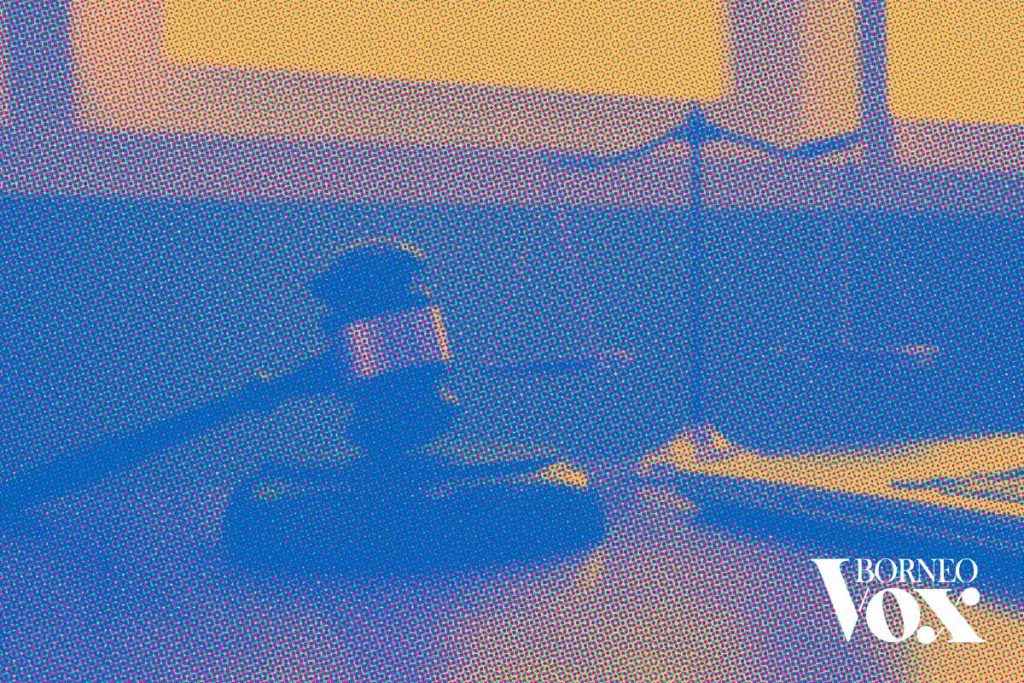Sabah’s push for a fairer share of its own revenue will enter uncharted legal territory on July 7 — and this time, the spotlight won’t be in Putrajaya or Kuala Lumpur.
Instead, the High Court in Kota Kinabalu will host a full-day hearing on whether the federal government breached the Constitution by failing to properly review Sabah’s entitlement to 40% of net revenue collected from the state — a case with far-reaching implications for federal-state relations.
The hearing marks the first time such a constitutional matter will be argued over a single day in Sabah, making it both a legal and symbolic milestone.
The outcome could determine whether Sabah has been short-changed for decades and what steps must now follow under the Malaysia Agreement 1963 (MA63).
What is this case about?
The Sabah Law Society (SLS) is asking the court to rule that the federal government failed to uphold Articles 112C and 112D of the Federal Constitution, which guarantee Sabah a 40% share of net revenue derived from the state, subject to periodic review.
Contrary to public perception, there were actually two formal review orders: The first in 1969 that by the end of the mandatory five-year periodic review Sabah received RM26.7 million.
A review was supposed to be called but never happened. Sabah ended up getting only RM26.7 million from 1974 until 2019.
No further reviews were conducted until 2022 — a gap of nearly 48 years.
SLS argues that this prolonged failure to do a review constitutes a breach of constitutional duty.
The judicial review seeks a formal declaration that the government’s inaction was unlawful and requests the court to compel both federal and state authorities to recalculate what Sabah is truly owed under the 40% formula — potentially unlocking billions in arrears.
These is what the SLS term as the “lost years.”
What is the federal government’s defence?
The cornerstone of Putrajaya’s argument is Article 112D(3), which states that the outcome of a previous revenue review “shall continue in force” until it is replaced by a new order.
Federal lawyers argue that this clause permits the 1973 review — and its resulting RM26.7 million annual payment — to remain valid indefinitely.
They also claim that discussions with Sabah occurred informally over the years, constituting a kind of unofficial review process.
This version of events will be tested in court.
Are those negotiations real?
That question lies at the heart of the case.
Former Sabah Law Society president Datuk Roger Chin, who filed the judicial review during his term, was asked at a recent townhall whether any proof of negotiation existed in the case file.
His answer was unambiguous.
“You can do a file search… it’s in the affidavits. “As far as I know, it’s not a sealed case. So you can see all the evidence inside there.”
Chin’s remarks suggest that if any federal–state negotiations occurred, they were not formally documented — undermining the claim that a de facto review process had taken place.
So why is July 7 significant?
This will be the first time a full-day Federal Constitutional case is held in Sabah. Hearings of this magnitude are typically spread over several days in courts located in Putrajaya or Kuala Lumpur.
Never in Sabah.
“It’s unprecedented. Usually, these hearings go on for two or three days in the peninsula. To have it here in Sabah, in one day — that’s historic,” said Chin.
What happens next?
The court is expected to deliver its decision by October.
Whether the outcome is a direct payout, a fresh revenue formula, or a clearer legal precedent, the July 7 hearing marks a defining moment in Sabah’s long pursuit of fiscal justice under the framework of the Federation. – June 21, 2025

